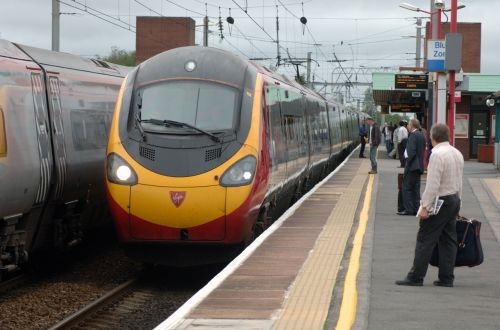This followed fundamental errors it made in calculating the amount of risk capital it would require from bidders, and differences in the way it dealt with them.
"The DfT's complete lack of common sense in the way it ran the West Coast franchise competition has landed the taxpayer with a bill of £50 million at the very least," says committee chair, Ms Margaret Hodge. "If you factor in the cost of delays to investment on the line, and the potential knock-on effect on other franchise competitions, then the final cost to the taxpayer will be very much larger." Hodge says the franchising process was "littered with basic errors."
Hodge castigates the DfT for failing to learn from previous disasters such as the Metronet concession for London Underground, and for failing to follow advice from its lawyers and respond to early warning signs that things were going wrong.
"The project suffered from a lack of leadership," says Hodge. "There was no single person responsible from beginning to end and, therefore, no one who had to live with the consequences of bad policy decisions. For three months, there was no single person in charge at all. Not only that, there was no senior civil servant in the team responsible for the work, despite the critical importance of this multi-billion pound franchise."
In view of the failings, the committee is concerned about the DfT's ability to handle major projects such as the Thameslink programme and the HS2 high-speed scheme. "The DfT needs to get its house in order and put basic principles and practices at the heart of what it does, with an appropriately qualified and senior person in charge of the project throughout and an accessible leadership team ready and willing to hear and act on warning signs," Hodge concludes.

